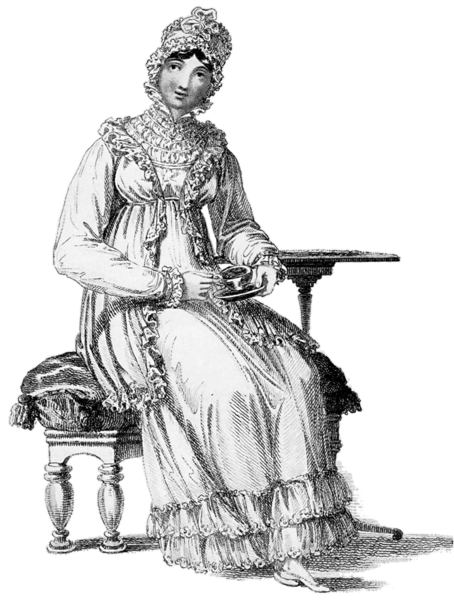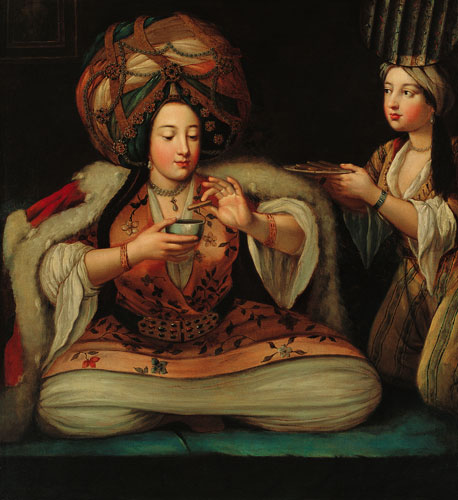 I’m at a Starbucks right now, sipping my double-tall-extra-hot-nonfat-latte, and thinking about the history of coffee. It arrived in Europe during the seventeenth century.
I’m at a Starbucks right now, sipping my double-tall-extra-hot-nonfat-latte, and thinking about the history of coffee. It arrived in Europe during the seventeenth century.
What did people drink before then? Like in Shakespeare’s day? Not water, if they could help it. In most towns and cities, water was foul-smelling, bad-tasting, and contaminated. It was used mostly for boiling up your dinner—meat if you were rich, vegetables if you were part of the other 99%. People didn’t drink a lot of milk. Without refrigeration and pasteurization, it spoiled quickly and made you sick, if you lived too far from the cow. Nor did they have the option of coffee (see above) or tea, which didn’t arrive in the west until the eighteenth century.
So most people drank alcohol. Every man, woman, and child averaged a gallon of wine or beer or ale or mead or similar every day, and they sloshed down flagons of the stuff at breakfast, lunch, and dinner. Although usually not as strong as we might drink today, these beverages must have kept a good many people in a constant state of mild inebriation.
 But that all changed when coffee made its way to the west by way of Arabia. The first coffee houses appeared in London in the mid-1600s, during Cromwell’s rule, and in Paris in the 1670s. In Paris, men and women could meet in public places and talk with total propriety, something previously unheard of.
But that all changed when coffee made its way to the west by way of Arabia. The first coffee houses appeared in London in the mid-1600s, during Cromwell’s rule, and in Paris in the 1670s. In Paris, men and women could meet in public places and talk with total propriety, something previously unheard of.
Between 1732 – 34, as coffee was rapidly gaining popularity in Germany, Johann Sebastian Bach composed a “Coffee Cantata.”
According to Tom Standage’s fascinating book, A History of the World in Six Glasses, coffee helped usher in a new rationalism and a flurry of intellectual activity known as the Scientific Revolution, culminating in the movement that came to be known as the Enlightenment. Coffee promoted sharpness and clarity of thought and was a safe alternative to alcoholic drinks, sobering rather than intoxicating. As Standage puts it, “Western Europe began to emerge from an alcoholic haze that had lasted for centuries.” It was “the ideal beverage, in short, for the Age of Reason.”
By 1750 there were 600 coffee houses in Paris. Revolution was brewing.